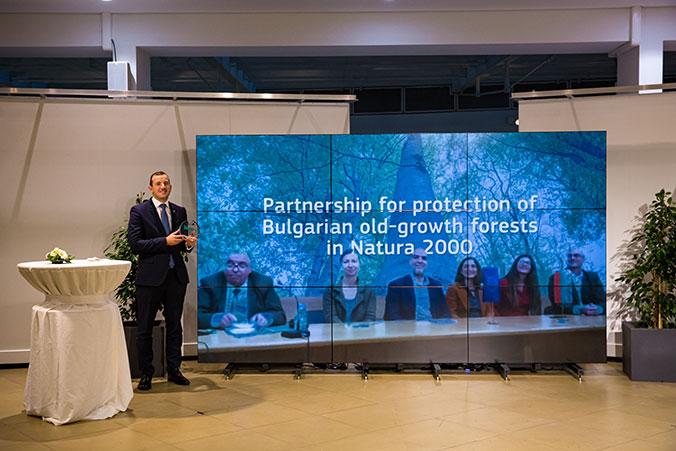
Commissioner Sinkevičius presenting the Citizens’ Award to Tsenko Tsenov and Kiril Tashev of the Bulgarian Executive Forest Agency, Vesselina Kavrakova and Neli Doncheva from WWF Bulgaria, Toma Belev of the Association of parks in Bulgaria and Andrey Kovatchev from the Balkani Wildlife.
About the project
- Title
Partnership for protection of Bulgarian old-growth forests in Natura 2000
- Main applicant
Executive Forest Agency (EFA), the Ministry of Agriculture, Food and Forestry, Bulgaria, WWF Bulgaria, the Association of Parks in Bulgaria and the Balkani Wildlife Society
- Category
Cross-border cooperation and Networking
- Countries involved
Bulgaria
- Main N2000 site
Multiple Natura 2000 sites across Bulgaria
Overview
With nearly 45,000 votes, the Citizens’ Award this year attracted significant attention testifying to the value that European citizens place on protecting nature. The winning application itself received over 11 000 votes. The European Commissioner for Environment, Oceans and Fisheries Virginijus Sinkevičius congratulated the winners for the enormous amount of public support they had gathered behind them. “Saving old growth forest one of key objectives for European Commission in the new Biodiversity Strategy to 2030. This winner provides an example for EU and shows that EU citizens are behind us with the strategy.”
One third of Bulgaria is covered in forests, representing 3,8 million ha. About 55% of Bulgaria’s forests are included in the Natura 2000 network. With this in mind, it comes as no surprise that during the process of establishing the Natura 2000 network in Bulgaria there were concerns raised on behalf of the forest owners/managers and even reluctance towards Nature 2000. Nature conservationists on the other hand were concerned about the quality and quantity of the network being high enough.
At the beginning of the process, there were opposing groups with different visions of how to ensure the protection of the Natura 2000 forest habitats. Conflicts flared up each time plans for timber use were adopted. Forestry enterprises were reluctant to limit their activities in Natura sites because of the consequent loss of revenue. Environmental organisations, on the other hand, saw that the lack of sufficient measures was leading to further biodiversity loss. The constant conflicts jeopardised any state action in favour of the protection of forest habitats in Natura 2000 sites. To address this problem, the Executive Forest Agency in partnership with WWF Bulgaria, the Association of Parks in Bulgaria and the Balkani Wildlife Society carried out extensive surveys and GIS mapping to draw up an inventory of old growth forests in state-owned forest habitats within Natura 2000 across Bulgaria. A process of agreeing the final list among interested stakeholders was carried out in the form of stakeholder’s consultations. After a long process of exchange, discussions and reviews, interested stakeholders agreed on the final list.
Dr. Tsenov from the Executive Forest Agency, supported by the project partners, expressed his gratitude for the many Bulgarian and European citizens who had voted in support of their activities. He pointed out that Bulgaria was a pioneer in protecting their forests having started putting protected areas in place 100 years ago.
In November 2016, an additional 109 300 ha of old-growth forests were designated for protection and excluded from harvesting, upon an Ordinance of the Ministry of Agriculture, Food and Forestry. This represents nearly 10% of each forest habitat type (25 out of 27 forest habitats occurring in Bulgaria) within the Natura 2000 network (145 Site of Community Importance (SCIs)), and translates into a 3% extension of the network. This is a significant result in the context of Bulgaria, considering that the forests protected in the forest reserves of the country represented only 79 000 ha. In 2015, the first agreed definition of old-growth forests was incorporated into national forest legislation
Local event
The winner “Partnership for protection of Bulgarian old-growth forests in Natura 2000” from Bulgaria resolved a year-long conflict of interests between forest owners and nature conservationists. The initiative’s success was awarded the European Citizens’ Award 2020 after having received the highest number of votes from the public.
The win was celebrated on 20 July 2021 in the “Vitosha” Natura 2000 site, an old-growth forest south-west of Sofia. The event organiser, the Bulgarian Executive Forest Agency, had issued an extensive guest list, including the Ministry of Agriculture, Food and Forestry, Bulgaria; WWF Bulgaria; the Association of Parks in Bulgaria; and the Balkani Wildlife Society as well as around 30 journalists, media representatives and influencers.
The highlight of the event was a guided tour through the 100-year-old beech forest by the Executive Director of the Forest Agency and scientists from the Bulgarian Academy of Sciences during which participants learned about the forest’s characteristics and conservation value as well as about ongoing conservation efforts in Bulgaria in the context of Natura 2000.
The event finished at the Vitosha Eco-Centre where journalists had the opportunity to interview representatives of government agencies, NGOs and research institutions.
Media
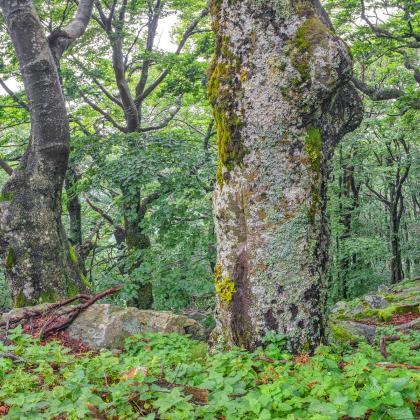
Partnership for protection of Bulgarian old-growth forests in Natura 2000Partnership for protection of Bulgarian old-growth forests in Natura 2000European Commission 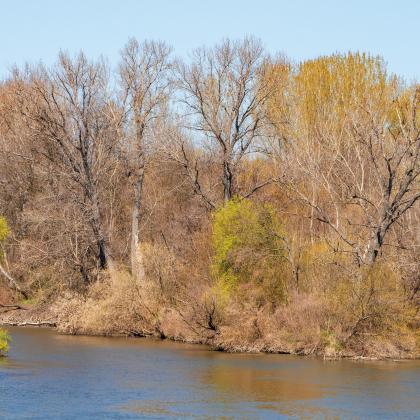
Partnership for protection of Bulgarian old-growth forests in Natura 2000Partnership for protection of Bulgarian old-growth forests in Natura 2000European Commission 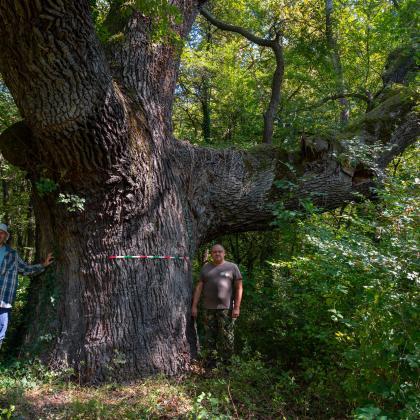
Partnership for protection of Bulgarian old-growth forests in Natura 2000Partnership for protection of Bulgarian old-growth forests in Natura 2000European Commission 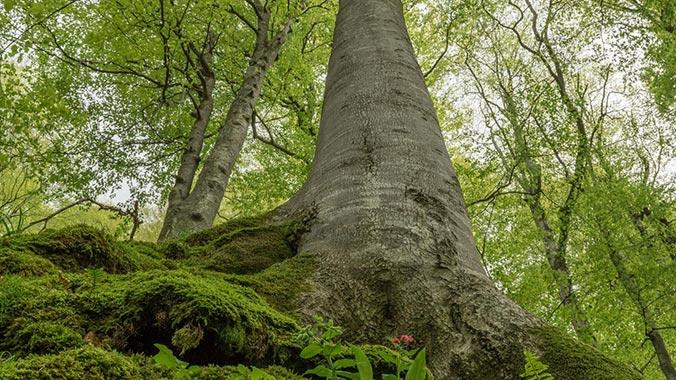
Partnership for protection of Bulgarian old-growth forests in Natura 2000Partnership for protection of Bulgarian old-growth forests in Natura 2000European Commission
